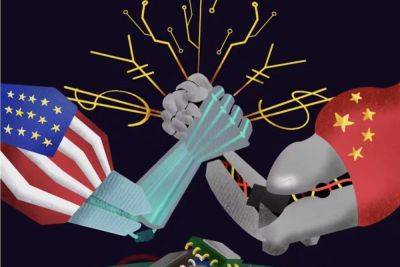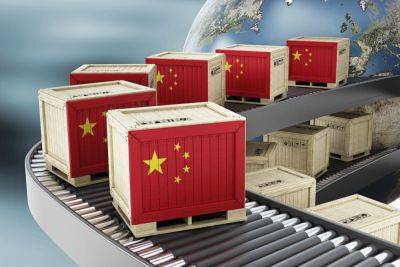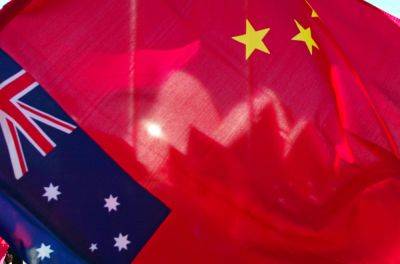Taiwan can’t block China’s advanced chip access alone
Tensions between China, Taiwan and the US aren’t limited to aerial military maneuvers and drills on the high seas. The shadow conflict is also playing out in the technological arena.
One of the central drivers of the deepening geopolitical rifts between China on one side and Taiwan and the US on the other is dominance over global semiconductor supply chains. This is because semiconductors – or microchips – power everything from smartphones and home office software to critical infrastructure and advanced military hardware.
As international demand for sophisticated microchips surges, not least owing to the blistering growth of artificial intelligence, so does their strategic value to the global economy and the progress of individual nations. China today spends as much importing microchips as it does importing oil.
This deepening reliance on semiconductors around the world adds another layer of complexity to simmering China-Taiwan tensions. Today, Taiwan is the world’s largest and most advanced microchip producer, and China is the planet’s biggest consumer of semiconductors.
As researchers in geopolitics and advanced technologies, we see the competition to control microchip supply chains as one of the defining struggles of the 21st century. Taiwan’s experience could serve as an example to the US, which on September 6, 2024, announced a fresh wave of export controls on semiconductor goods.
Taiwan did not emerge as the world’s semiconductor powerhouse by accident. The self-governing island has been producing high-quality microchips for decades due in large part to its flexible production network and world-class engineering talent pool.
Yet Taiwan faces a delicate balancing act in maintaining its market superiority in







